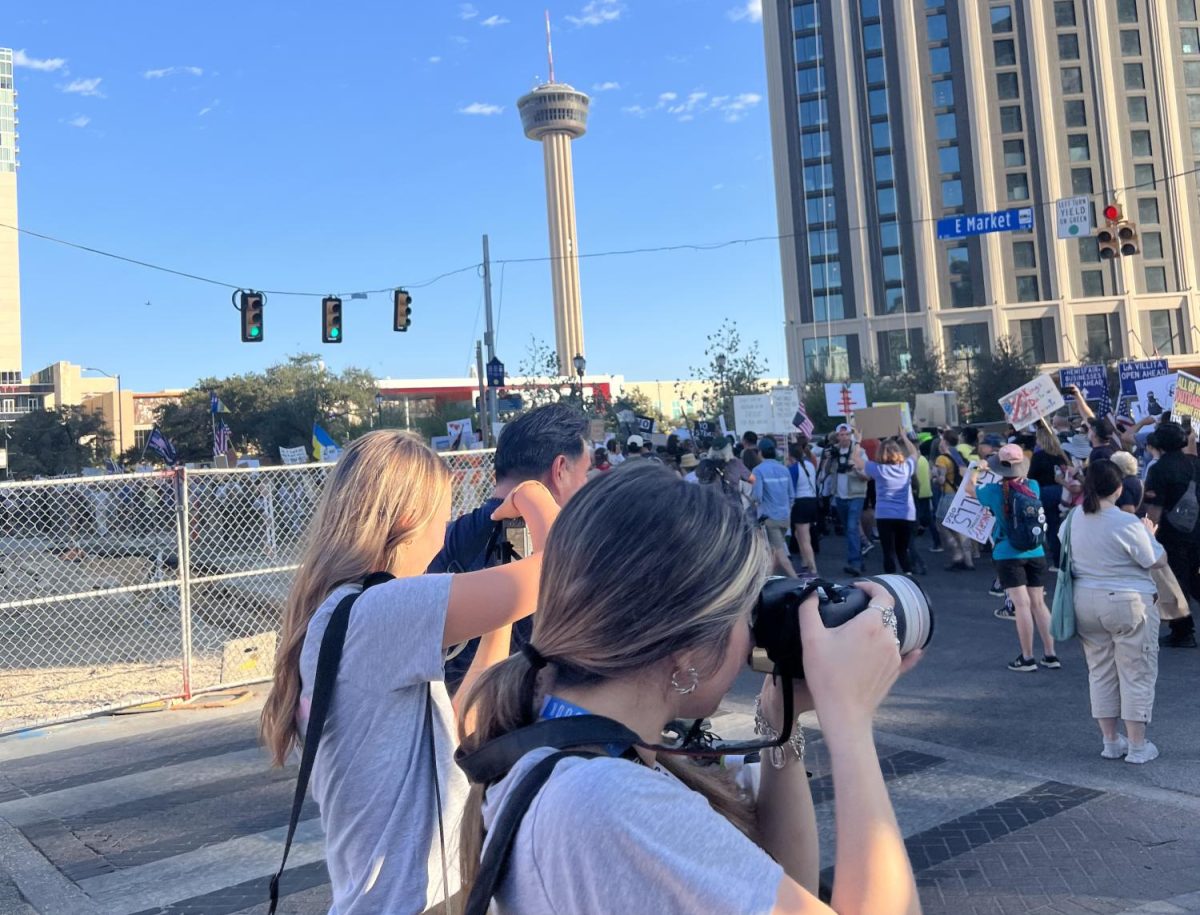As the new year feels a little less new, it becomes a time for changes happening throughout the year to be discussed and made. A major example for Texans is the 774 new laws and legislature that came into effect last fall, Sept. 1. While many were labeled as official on that date, many will begin to be enforced this March. It offers a variety of new ideas and changes to old ones, from taxes and education to law enforcement and regulation that can and will change the lives of many Texans.
Such a large number can make it rather difficult for the average person to sort through each and everyone, finding out what applies to them and their neighbors. The good news is that summaries of the things that need to be known without all the technical language that comes with actual legislative writing are available. It may not include all 774, but these are some that every Texan may be curious to know.
Following the past few years, police corruption has become a major topic that the public is concerned about. HB 30 plans to help with this, closing a long-standing loophole that allowed government agencies including the police to withhold information in situations where a suspect is reported to die while in custody, be killed or harmed by law enforcement or kill themselves. This will require proper reports on all such incidents to be made, and investigated along with being shared with the public when the investigation is no longer open.
Multiple laws also aimed to stop things such as street racing or drunk driving are to be implemented. HB 393 is an example, requiring a defendant charged with intoxicated manslaughter to pay restitution in the form of monthly child support payments to any minor whose parent or guardian was killed in the incident. These payments will continue until the minor turns 18 or graduates high school depending on which comes first. Additional charges are possible if the defendant fails to pay monthly, and if they are charged more than once can be required to pay for multiple minors at once.
The next is over a topic still heavily relevant for the Montgomery County area, involving protocols with missing persons to increase their chances of survival and return home. HB 2660, nicknamed Tim’s Law, requires law enforcement agencies that receive a missing person report to electronically submit the report to the clearing house and the National Crime Information Center’s missing person file. It also requires it to be reported and submitted to all neighboring municipals and/or county law enforcement agencies within 200 miles of the report. It will also provide and require further training within law enforcement agencies concerning missing persons.
HB 2660 gained the nickname Tim’s Law from the case of 31-year-old Timothy Perez. Reported missing in Austin last October, he was seen near a church in Little Rock by police, but Round Rock police were not informed of his missing person status causing them not to react after spotting him. His remains would sadly later be found near I-45.
Moving into the topic of healthcare, post-COVID, a larger number of assault incidents toward healthcare professionals have been seen. As a result, SB 840 will now be changing the assault of hospital personnel, which counts anyone employed or who works in a facility licensed as a general or special hospital, from a Class A misdemeanor to a third-degree felony. The goal is to discourage such incidents from occurring and have long-term consequences for those who do.
Staying on the topic of healthcare, providers will be required to give patients itemized bills under SB 490. It also bars providers from going after debt collection legally until an itemized bill is provided, with the goal being to prevent overcharging or false charges, in addition to assisting with insurance filing.
A struggle many Texans have seen firsthand is the effects of inflation on prescription prices, especially for things like insulin which even previously have been known to have rather high prices. In an attempt to decrease these prices, HB 25 allows Texas to purchase prescription drugs from Canada which have much smaller fees for things like transport or just generally on medication prices. This will allow cheaper consumer prices as well, benefiting just about any Texan who has a prescription.
When it comes to drugs, fentanyl has become the headline of most overdose reports, causing concern among officials. This led to two separate changes, HB 6 and HB 3144. HB 6 will lead all fentanyl overdoses to be legally recognized as poisoning, allowing murder charges to be pursued against those who sell the substance across the entire state. It will not be applicable unless the overdose happens on or after Sept. 1. HB 3144 legally recognizes October to be Fentanyl Poisoning Awareness month, though it is actively not a national awareness month.
For schools, the CROWN Act is now legally protected in Texas under HB 567, joining the other 21 states that do so. For those unaware, the CROWN Act stands for Create a Respectful and Open World for Natural Hair, and it protects against race-based hair discrimination in the workplace and school. This includes braids, locs, knots, twists and those of other races or cultures who may have traditional hairstyles previously banned.
Under HB 3, however, schools will now be required to have at least one armed security officer on campus during active hours and require certain school employees training on mental health to help students with mental health or substance struggles. The law was primarily made in response to the increase in school shootings across the years, an example being the Uvalde school shooting. This has led the state, and even other states, to want to up security efforts at school.
One important for ladies and parents is the removal of the ‘pink tax’ under SB 379. The pink tax in simple terms is higher taxes applied to products aimed at women including menstrual products, maternity clothes, diapers, formula and even baby bottles. Under the upcoming law, across the entire state those items and many others will become tax-free, making them more affordable, the reason provided being they are essentials.
Lastly is SB 812, or the Sergio Lopez Food Allergy Awareness Act. This requires all restaurants to display a poster about food allergies within the area of the business and must always be visible to employees. The poster must include information about allergic reactions, symptoms of a reaction, procedures for prevention, and the appropriate responses to someone reacting.
The law gains its name from the case of Sergio Lopez who died in 2014 after eating tacos containing peanut butter from a McAllen restaurant. He did ask the eatery if what he was ordering was peanut free, and that procedures to prevent any possible cross-contamination with things like peanut oil and was informed everything would be peanut free. Sergio suffered an extreme reaction causing his airways to close up and tragically passed as a result.
This is only 12 of the 774 laws, but all of them are available for viewing at the Texas Legislative Reference Library, which can be searched via what day a piece of legislation will be official. While realistically difficult to enforce so many laws all in one day, it gives a date of reference for when certain things can become punishable even if not yet enforced. It’s best to stay aware of laws where you live, especially so many new ones starting so soon. Make sure to follow the law by understanding it, and know which ones affect the day-to-day.








